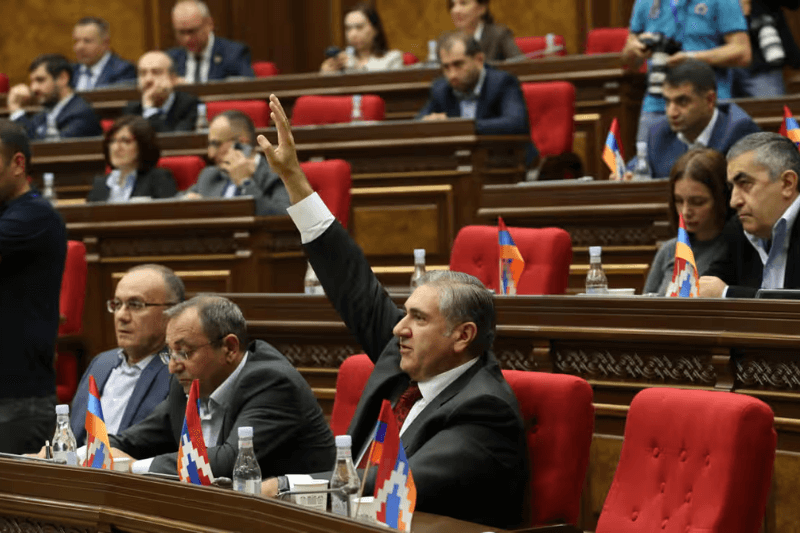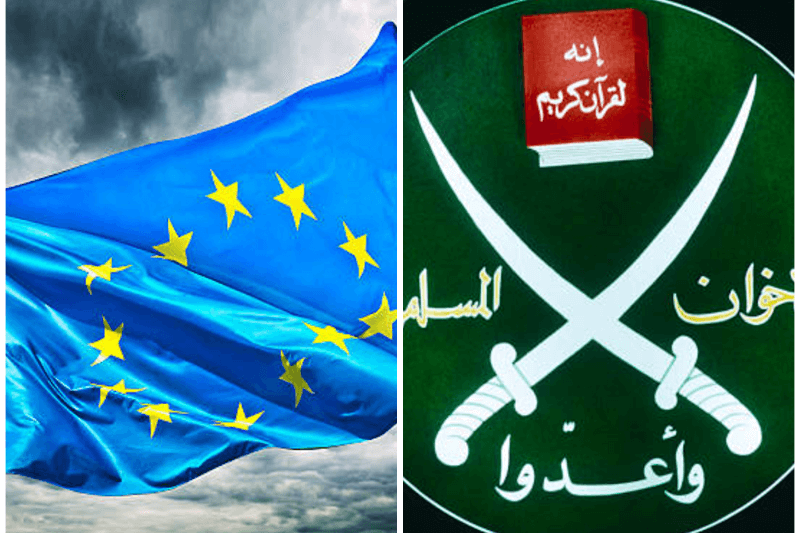
Armenia-Russia Ties Show Possible Signs Of Strain As Yerevan Votes To Join ICC
In a move that further strains the country’s relations with its old ally Russia, Armenia’s parliament on Tuesday voted to join the International Criminal Court that issued an arrest warrant for Vladimir Putin in March over events in Ukraine.
Countries that have signed and ratified the Rome Statute that created the ICC are bound to arrest the Russian president, who was indicted for war crimes connected to the deportation of children from Ukraine, if he sets foot on their soil.
Moscow Calls Yerevan’s Effort To Join ICC An “Unfriendly Step”
The Hague-based court said the alleged unlawful acts were committed at least from February 24, 2022. Nonetheless, despite the warrant, the ICC cannot arrest suspects and can only exercise jurisdiction within countries that are signed up to its agreement.
Although Armenia has sought to assure Russia that Putin would not be arrested if he entered the country, Kremlin spokesperson Dmitry Peskov called Tuesday’s decision “incorrect”. Last month, Moscow described Yerevan’s effort to join the ICC as an “unfriendly step”.
Keep Reading
In Peskov’s words, Russia treats Armenia as “our ally, a friendly state, our partner and a lot unites us with the brotherly Armenian people.” The spokesperson stressed the need for a diplomatic solution and that it will be discussed with Yerevan.
Lawmakers in Armenia voted to ratify the Rome Statute by a vote of 60-22. The Armenian president must now prepare a ratification document, which is then deposited with the UN secretary general. The decision gets implemented 60 days after the ratification.
Move To Join ICC Prompted By Azerbaijan’s Aggression
Armenia’s ties with Russia have frayed in recent years, with Moscow blaming Yerevan for damaging relations by embracing the West. Meanwhile, Armenian officials have stressed the move to join the ICC was prompted by Azerbaijan’s aggression against the country.
In 2004, the Constitutional Court of Armenia ruled the Rome Statute contradicted the country’s constitution, which has been amended twice since then. In March, the Constitutional Court ruled the obligations for signatories outlined by the treaty are in line with the existing constitution.




